Graham Reid | | 2 min read
Kraftwerk: Showroom Dummies

In the rush to acclaim Kraftwerk as electro-pioneers, it is often overlooked how they grew out of the German avant-garde/post-hippie prog-rock scene.
As Organisation -- and on the first two Kraftwerk albums -- founders Ralf Hutter and Florian Schneider (and others) engaged in long, almost free-form jams with Schneider playing flutes and bells.
After their Ralf and Florian album however the two headed into the studio to create the innovative Autobahn (1974).
This was the first album which today we might recognise as having the distinctive electro-beat and synthesiser melodies associated with Kraftwerk -- but flipping the vinyl over from that sidelong title track and dropping the needle on the final piece, Morgenspaziergang/Morning Walk, revealed those elements of their former incarnation.
It was romantic (and had flute) and was a world apart (and back) from the title track.
Afrika Bambaataa and the Detroit DJs wouldn’t be sampling Morgenspaziergang.
But that Autobahn title track - obliquely referencing the Beach Boys -- was propelled by a gentle rhythm and provided the template for the direction Kraftwerk as we now know them would explore.
It was however Trans-Europe Express in 1977 which was their crafted masterpiece. And while the title track again was the one which gained most attention there was much else on the album which would influence their peers, notably the eerie and disconcerting minimalism of eight-minute The Hall of Mirrors (“even the greatest stars live their lives in the looking glass”, a reference to Bowie and the glam rockers of the previous years).
From the touched up and coolly ironic Thirties-styled cover art inward, this was an album of glistening but constrained melodies, layered but spare production, allusive lyrics and conceptual coherence.
Trans-Europe Express was European music which owed nothing to American or British rock, was emotionally aloof (“we are showroom dummies”) at the time of rabid punk, and seemed suffused in a kind of notalgia for the pre-war period. It had the poise and containment of some classical music (one piece was entitled Franz Schubert), yet in its electronic aspects was as contemporary as today’s newspapers.
The title track evoked a journey from Paris to Berlin and even now could easily be fitted to an MTV video clip of the same journey. But it also had a wistful quality for an era of elegant train travel that has long since passed. And as with the minimalist music of Steve Reich, Philip Glass and others, it was composed of the repetition of small elements so a change to any one would resonate with quiet power and shift the character of the music.
The glacial quality of the synthesisers lent an uneasy sheen and a quality of emotional distance to music which evoked rather than overtly stated. It was this detachment which was latched on to by the likes of Gary Numan, Orchestral Manoeuvres in the Dark and other synth-pop bands of the 80s.
The samplers and DJs grabbed Kraftwerk’s snapshots of repeated figures (Afrika Bambaataa lifting from Trans-Europe Express for his seminal Planet Rock) and the Bowie-Eno trilogy (Low, Heroes and Lodger) owes huge debts to Kraftwerk and the German techno scene.
Equally, Kraftwerk name checked Bowie and Iggy Pop (whose albums Bowie had produced around this time) in Trans-Europe Express.
Trans-Europe Express was an album of cool poise, uniquely European in content and conception, and stands today as a landmark not just in electronic music but pure, cleverly crafted pop music.
It certainly doesn’t sound like it was released in the same year as Leo Sayer’s You Make Me Feel Like Dancing, the Eagles' Hotel California or the punk revolution.
It is beyond its time -- which is why it is an Essential Elsewhere album.
.
These Essential Elsewhere pages deliberately point to albums which you might not have thought of, or have even heard . . .
Jump in.
The deep end won't be out of your depth . . .

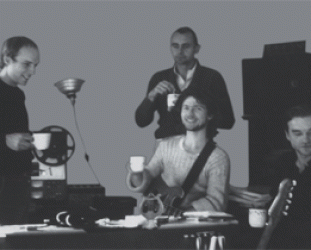

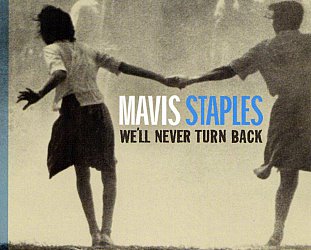
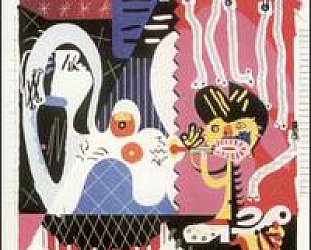
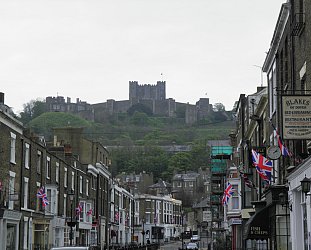
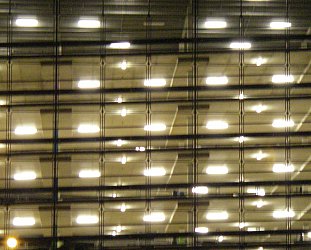
Gavin Hancock - Dec 8, 2011
A thousand and one music critics (professional and amateur) have probably said the same thing already but this still sounds like the future.
Savepost a comment